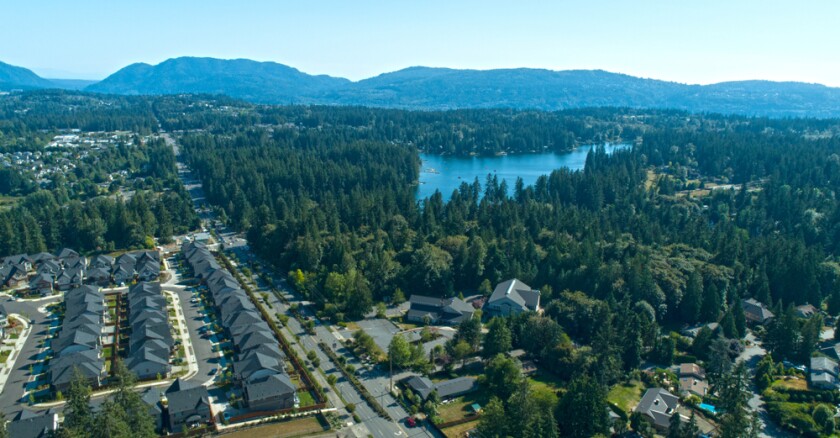In 2025, a growing number of Americans are trading the hustle of big town for the charm of small City. From young professionals to families, the move to small cities is reshaping the American landscape.
🚚 The Great Migration: Why Small Cities Are the New Big Thing
The allure of small-town living isn’t new, but recent trends have amplified its appeal. According to a report by the New York Post, young adults aged 25 to 44 are relocating to small towns and rural areas at the highest rate in nearly a century. This shift is driven by factors like affordability, remote work opportunities, and a desire for a better quality of life.
In Australia, a similar trend is observed, with families leaving major cities like Sydney and Melbourne for regional areas, seeking affordability and lifestyle improvements.
💸 Affordability and Space: The New American Dream
High living costs in metropolitan areas are pushing people to seek alternatives. For instance, in Bozeman, Montana, rising housing prices have led residents like Nicole Qualtieri to move to more affordable rural areas nearby.
Reddit users echo this sentiment:(Bernard Marr)
“I moved recently to a small city… and I love it here. It’s cheaper, the kind of job I can get actually leaves me with money leftover.”
🌐 Remote Work: The Catalyst for Change
The rise of remote work has made it feasible for professionals to live outside traditional job hubs. Programs like Tulsa Remote offer financial incentives to attract remote workers to smaller cities, providing both economic benefits and a sense of community.
States like Indiana and New Mexico have similar initiatives, offering relocation packages to entice new residents.
🏡 Community and Lifestyle: The Small-Town Advantage
Beyond economics, the appeal of small cities lies in their community-oriented lifestyle. Residents often enjoy closer relationships with neighbors, lower crime rates, and a slower pace of life.
TikTok users share their experiences:
“Moving to a small town was the best decision I’ve made. The sense of community is unmatched.”
📈 The Future of Small Cities
As more people consider the move to small cities, these areas are experiencing growth and revitalization. However, challenges like infrastructure development and maintaining affordability remain. Urban planners and policymakers are tasked with ensuring that small cities can accommodate new residents without losing their unique character.
🧳 FAQ: Moving to a Small City
Q: What are the benefits of moving to a small city?
A: Benefits include lower cost of living, less traffic, a stronger sense of community, and often, a higher quality of life.
Q: Are there job opportunities in small cities?
A: Yes, especially with the rise of remote work. Additionally, many small cities have local industries and are attracting new businesses.
Q: How do I choose the right small city to move to?
A: Consider factors like cost of living, job opportunities, climate, and proximity to family or friends. Visiting potential cities beforehand can also help.
Q: Are there incentives for moving to small cities?
A: Some states and cities offer financial incentives to attract new residents, particularly remote workers. Programs vary by location.









